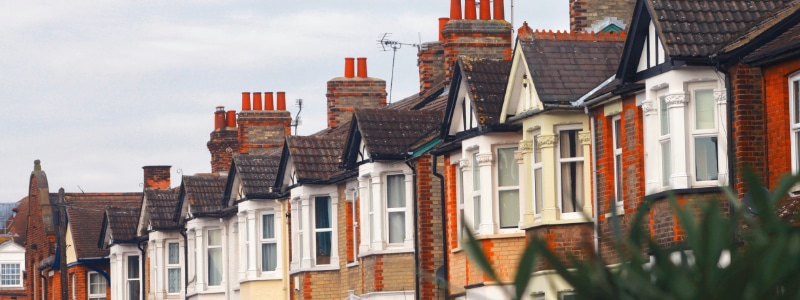HMO Landlords: 5 Security Challenges & How To Solve Them
HMO landlords are responsible for the security of their tenants.
Renters have a basic right to expect that their rental properties are secure under the Homes Act of 2018. Unfortunately, a range of property-related security problems can and do arise from time to time.
This blog post will run through the five of the most common security challenges you’re likely to face as a landlord and how to solve and fix them.

Prevention Of Lock Bumping
Lock bumping is a traditional burglary method that was popular prior to 2008 before lock manufacturers upgraded their mechanisms.
Burglars would insert a master key and then gently knock on the door to push the pins into alignment inside the lock cylinder. Once they fell into place, the criminal could then open the door without any resistance, overcoming even the best master key system.
Lock bumping is a major issue for insurance purposes since it doesn’t leave any trace of forced entry. Today, police and insurers are more aware of the issue.
However, it is better to avoid difficulties altogether by installing HMO-compliant door locks that a criminal can’t “bump”.
Tenant Screening For Added Peace Of Mind
Most tenants are decent, law-abiding individuals. However, you may sometimes get people renting your properties with a shady history. And that can put other members of the HMO at risk.
For this reason, it’s essential for landlords to use professional tenant screening services. These agencies check things like employment references, criminal records and credit histories. They can also ask previous landlords for references.
Carry Out Regular Safety Checks
UK law demands that landlords conduct regular safety checks of HMO properties. For instance:
- Electrical Safety Standards in the Private Rented Sector (2020) demand that landlords carry out checks of all electrics once every five years and issue reports to tenants
- Gas safe regulations require testing of all gas appliances in the property at least once per year
Landlords should also check alarms and security systems - such as fire alarms, burglar alarms and carbon monoxide alarms - to ensure that they are still working properly. If you don’t carry out your obligations as a landlord, you could be held liable for tenant losses and injuries
Routine Maintenance Of The Property
Routine maintenance is critical for maintaining the value of your HMO property. However, it’s also necessary for keeping tenants safe and secure.
For example, maintenance tasks such as sweeping the chimney and replacing broken furniture prevent fires and injury.
Other tasks, such as repairing perimeter fencing, installing new HMO-compliant locks and fixing poorly-fitting windows and doors, help to enhance security and protect residents from potential break-ins.
If your tenants notify you of a maintenance issue, solve it immediately. Delaying action will likely lead to increased repair costs in the future and could put tenants in harm’s way which ultimately impacts your reputation as a landlord.
Importance Of Property Inventory For HMO Landlords
Lastly, property inventories are lists detailing the condition of your HMO property and all of the items that it contains. Landlords typically carry these out at the start and end of tenancy agreements.
Always give tenants a copy of the property inventory with clearly detailed descriptions of the property’s existing condition. If necessary, you can also use software to create detailed records, ensuring that everyone is on the same page from the outset.
Property inventories can also become a vital part of property insurance, so it's vital they're kept up-to-date by all parties.
